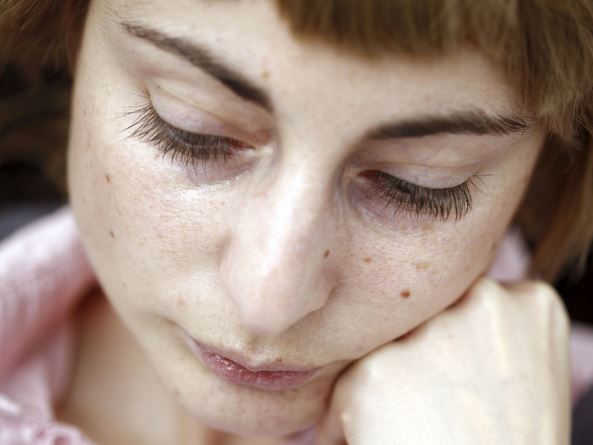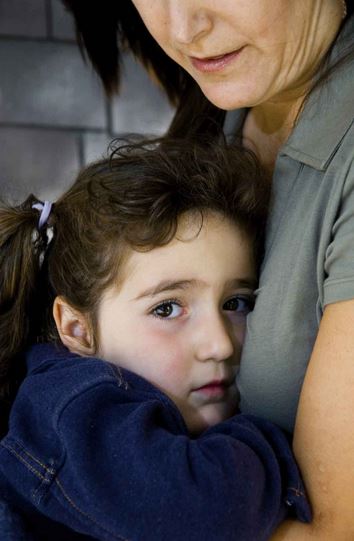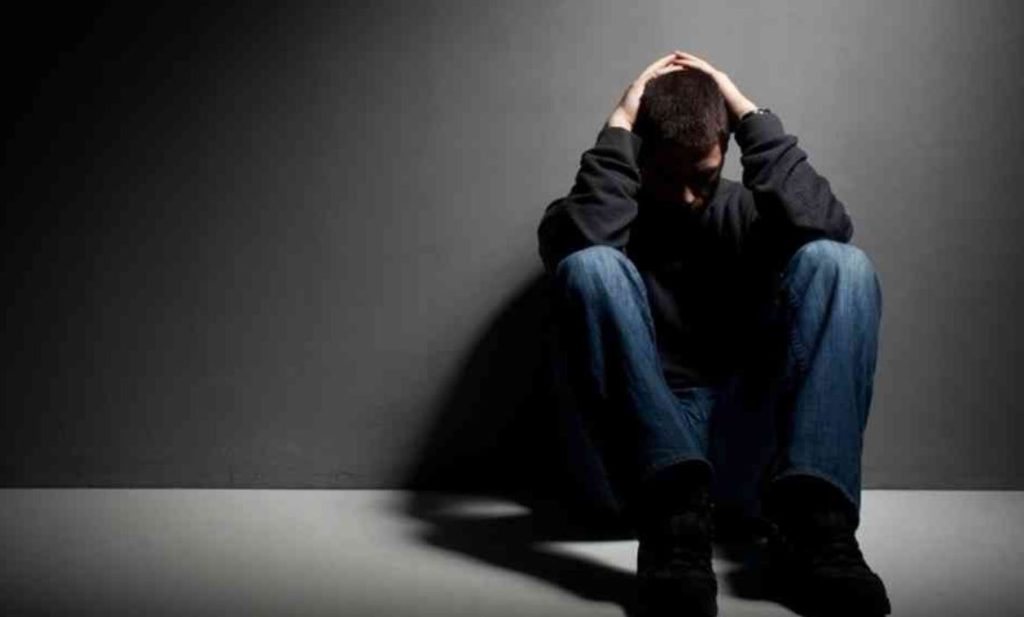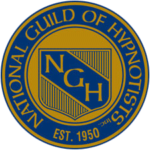Questions for You
- Is your life not as fulfilling as you’d like?
- Do you feel empty, angry, lonely, or just tired all the time?
- Wish you had more zest?
- Has life lost its meaning?
Sadness or downswings in mood are normal reactions to life’s struggles, setbacks, and disappointments. Many people use the word “depression” to explain these kinds of feelings, but depression is much more than just sadness. They may mostly feel lifeless, empty, and apathetic; or even feel angry, aggressive, and restless.
Whatever the symptoms, depression is different from normal sadness in that it engulfs your day-to-day life, interfering with your ability to work, study, eat, sleep, and have fun. The feelings of helplessness, hopelessness, and worthlessness are often intense and unrelenting, with little, if any, relief.
 The NIH lists several signs and symptoms of depression:
The NIH lists several signs and symptoms of depression:
- Persistent sad, anxious, or “empty” feelings
- Feelings of hopelessness or pessimism
- Feelings of guilt, worthlessness, or helplessness
- Irritability, restlessness
- Loss of interest in activities or hobbies once pleasurable, including sex
- Fatigue and decreased energy
- Difficulty concentrating, remembering details, and making decisions
- Insomnia, early-morning wakefulness, or excessive sleeping
- Overeating, or appetite loss
- Thoughts of suicide, suicide attempts
- Aches or pains, headaches, cramps, or digestive problems that do not ease even with treatment
The causes and risk factor for depression are many and far ranging. They include but are not limited to loneliness, lack of social support, recent stressful life experiences (think: divorce, breakup, heart break, accidents, etc), family history of depression, marital or relationship problems, financial strain, early childhood trauma or abuse, alcohol or drug abuse, unemployment or underemployment, health problems, a nutritional deficiency, or chronic pain.
Depression is the state in which the individual feels sad, helpless, and disinterested in life. Clinical depression affects mood, mind, body, and behavior. Depression is the most frequently seen psychiatric disorder among both hospitalized inpatients and those in outpatient psychiatric care. Research has shown that in the United States about 19 million people-one in ten adults-experience depression each year, and nearly two-thirds do not get the help they need.
There are many kinds of depression, several with deep underlying psychiatric causes. Short of biochemical analysis, however, they are usually difficult to differentiate. Psychological testing can rate depressive states according to intensity but cannot differentiate causative factors. Despite the variations in etiology of depressive states, however, treatments are very similar.
Depression is readily treatable, although finding the right treatment that works for you can sometimes take time. Specific treatment options include psychotherapy, hypnotherapy, nutrition, orthomolecular nutrition and supplementation, herbs, meditation training, skills training, age regression and parts therapy, TCM modalities such as acupuncture and QiGong, other energetic methods such as: energy healing, light therapy, color therapy, cranial electrical stimulation; also, Quantum informational medicine such in PSYCH-K and Body Code, hospitalization, medications, electroconvulsive therapy (ECT), and self-help.
 Depression and Neurochemistry
Depression and Neurochemistry
Depression has been linked to problems or imbalances in the brain, specifically with regard to the neurotransmitters serotonin, norepinephrine, and dopamine. The evidence is somewhat indirect on these points because it is very difficult to actually measure the level of neurotransmitter in a person’s brain. What we do know is that antidepressant medications (used to treat the symptoms of depression) are known to act upon these particular neurotransmitters and their receptors.
The neurotransmitter serotonin is involved in regulating many important physiological (body-oriented) functions, including sleep, aggression, eating, sexual behavior, and mood. Serotonin is produced by serotonergic neurons. Current research suggests that a decrease in the production of serotonin by these neurons can cause depression in some people, and more specifically, a mood state that can cause some people to feel suicidal.
Find articles on depression here.
Sign up to see Ethan Wise today and join those who’ve gotten unstuck. We bring all of these modalities, and more, to your aid.
Finally, you’ve found the place where you can get a truly customized holistic, truly multi-faceted support that you deserve. Enabling you to get unstuck.








